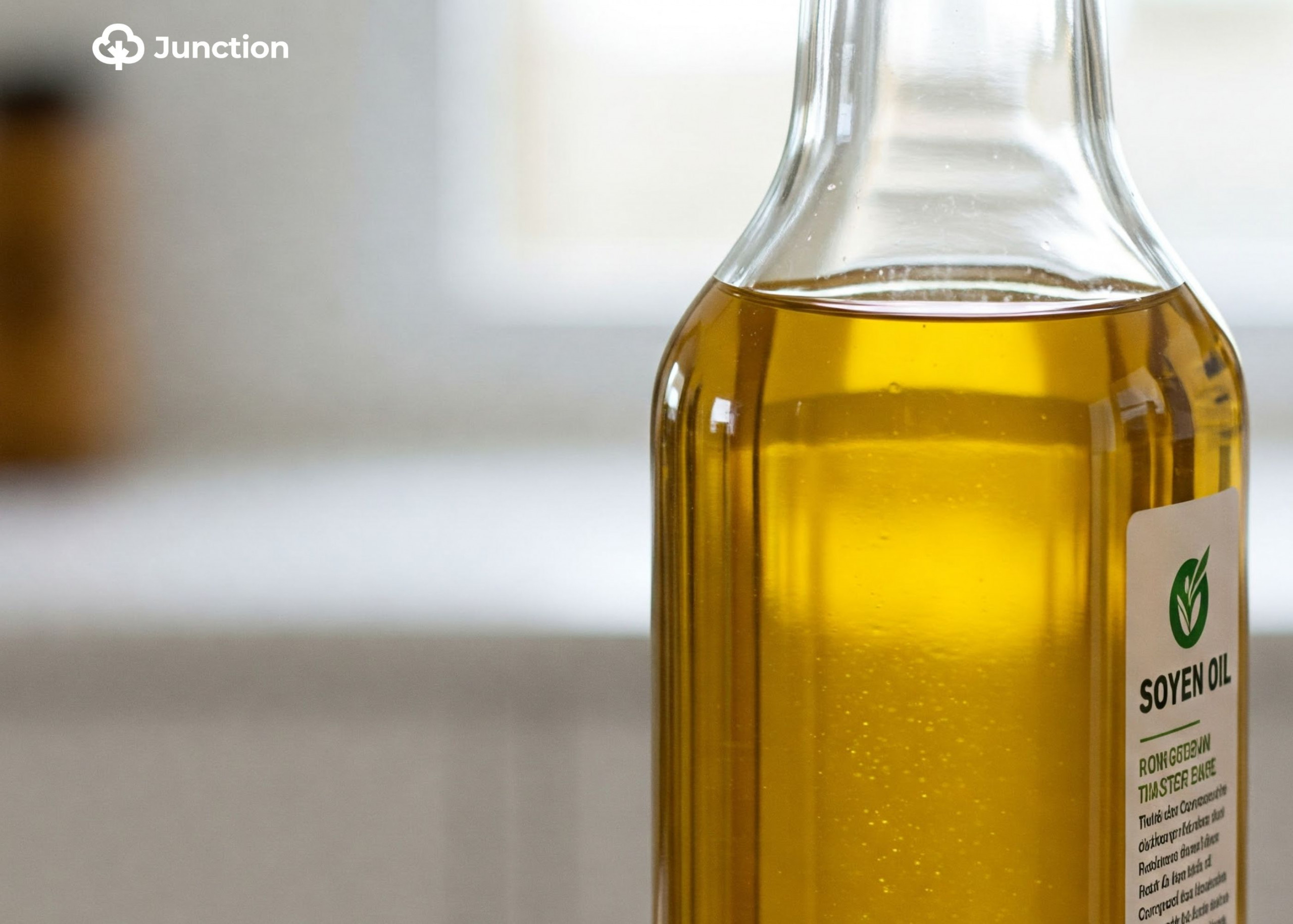News in Brief:
– Global market dynamics have shifted, with soybean oil now claiming the title of the world’s cheapest vegetable oil, dethroning palm oil.
– While this change will affect global food prices and consumption, for Nigeria, it presents both opportunities and challenges
Soybean Oil has ended palm oil’s reign as the cheapest vegetable oil, ending an era in the global vegetable oil market.
For decades, palm oil reigned supreme as the most affordable option; however, a significant power shift has occurred: soybean oil has now largely taken over, claiming the title of the cheapest vegetable oil.
This transition is fueled by a combination of production headwinds facing palm oil and favourable tailwinds boosting soybean supplies, with potential ramifications for food prices, consumption patterns, and economies like Nigeria.
Factors eroding palm oil’s price dominance
Palm oil’s former price advantage over soybean oil has eroded due to several interconnected factors.
Slowed palm oil production growth in key regions like Malaysia and Indonesia, and increased use of palm oil for biofuel in Indonesia, reducing export availability.
Also, strong global soybean production leading to ample supply and lower prices, a reversal in their historical price relationship, rising costs associated with sustainable palm oil production due to environmental concerns, and market-driven shifts in consumer demand towards more affordable alternatives like soybean oil.
Palm oil’s long reign and the turning tide
Palm oil’s dominance was rooted in its exceptional yield per hectare, consistent year-round harvesting, and the conducive tropical climates of Southeast Asia, particularly Indonesia and Malaysia, which together control approximately 85% of global output. This cost-effectiveness cemented its place in countless products.
However, this era is drawing to a close. Production growth has faltered due to land constraints and the slow replacement cycle of ageing trees.
Additionally, a key factor is the reluctance of smallholder farmers in Indonesia and Malaysia to replant, given the four to five-year maturation period for new palms, a stark contrast to soybeans’ rapid six-month growth.
Furthermore, Indonesia’s increasing focus on using palm oil for biodiesel production is diverting supplies from the edible oil market, adding upward pressure on prices.
Simultaneously, robust soybean harvests, particularly in the Americas, have led to an abundant supply of soybean oil, driving its price downwards.
This is evident in recent market trends, with palm oil prices reportedly surging by 10% this year while soybean prices have declined by 9%.
Nigeria’s palm oil sector navigates the global shift
Meanwhile, in Nigeria, palm oil remains a vital agricultural commodity and a staple in local cuisine.
However, despite historically being a major producer, with production concentrated in states like Edo, Akwa Ibom, and Cross River, its current output only accounts for about 2% of the world’s total, making it a net importer to meet its substantial domestic consumption.
This costs the nation an estimated $600 million annually. Smallholder farmers predominantly drive production in this regard
Dr Peculiar Sharma, an agricultural economist based in Jos, Plateau State, explains that the dethroning of palm oil is a significant market correction.
“Palm oil’s inherent production advantages are now being offset by long-term cultivation challenges and policy-driven demand shifts. Soybean oil’s responsiveness to market conditions and favourable production has positioned it as the new cost leader,” he said.
Also, Ben Adekunle, a Lagos-based food industry analyst, notes the Nigerian context.
“While cheaper soybean oil globally might offer some price relief for Nigerian consumers, the entrenched use of palm oil in our food culture and industries means a complete switch won’t be immediate. However, sustained price differences will likely encourage manufacturers to explore greater use of soybean oil where feasible,” Adekunle explained.
Furthermore, Dr Habeeb Olalekan, a Nigerian agricultural policy analyst, adds that for Nigeria, this global shift underscores the need to revitalise the country’s local palm oil industry through improved efficiency and sustainability.
“Simultaneously, we should explore opportunities to expand soybean production to capitalise on its increased affordability and reduce our reliance on vegetable oil imports,” Olalekan said.
Mrs Chika Nnamani, a Nigerian food processor, states that cost is a major factor in Nigeria’s industry.
“If soybean oil remains significantly cheaper, we will certainly evaluate its increased use in our products, while ensuring we maintain the quality our consumers expect,” she adds.
Broad implications and Nigeria’s path forward
Effectively, the rise of soybean oil as the cheapest vegetable oil carries broad implications. Consumers globally might see some stabilisation in food prices, depending on the ease of substitution.
Experts assert that palm oil-producing nations need to adapt to this new reality by focusing on sustainable practices and production efficiencies.
For Nigeria, this shift presents both challenges to its existing palm oil sector and opportunities to leverage cheaper soybean oil and potentially boost local soybean farming.
The long-term impact will depend on how both global markets and local agricultural strategies evolve in response to this significant change in the vegetable oil hierarchy.



